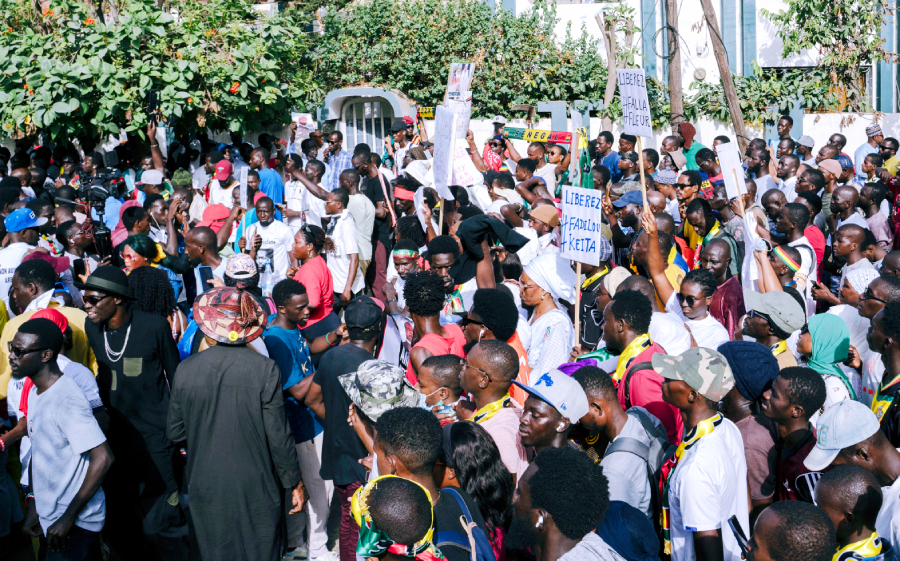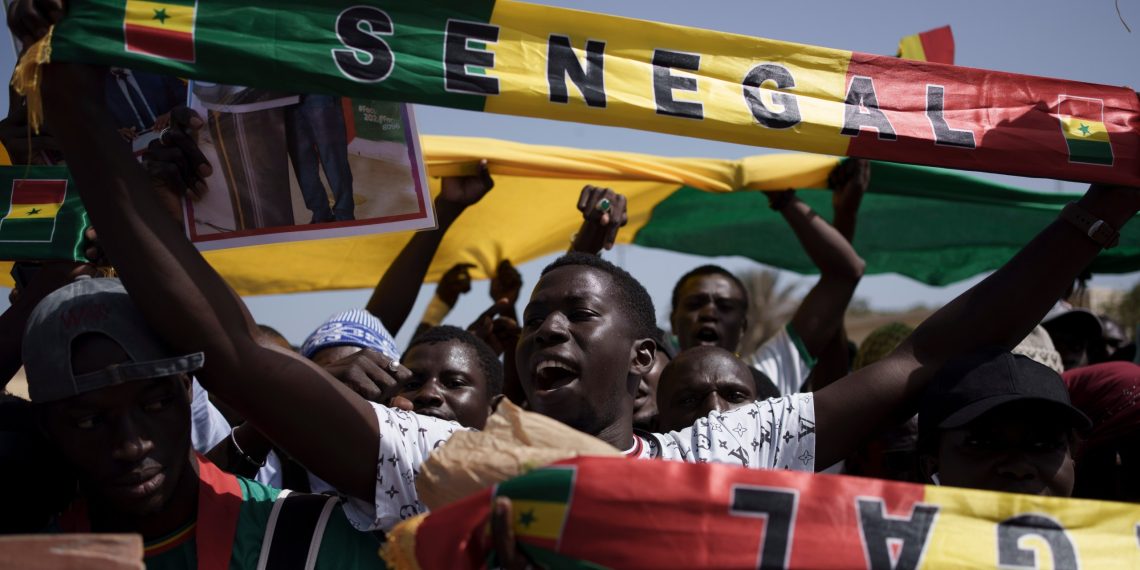The United Nations has raised alarm over Senegal’s volatile situation following the postponement of the presidential election scheduled for February 25. Liz Throssell, spokesperson for the UN High Commissioner for Human Rights, expressed deep concern over the suspension and subsequent violent protests, which resulted in three deaths.
Senegal experienced a blackout of mobile internet services for the second time this month, attributed by the communications ministry to the dissemination of inflammatory messages fueling violent demonstrations in Dakar and other cities.
President Macky Sall, whose final term concludes in April, postponed the election due to disputes over the exclusion of numerous opposition candidates from the final list.
Throssell urged Senegal’s authorities to uphold democratic principles and respect human rights, citing reports of excessive force against protesters and restrictions on civic freedoms.
The UN High Commissioner for Human Rights, Volker Türk, emphasized the importance of inclusive national dialogue to address the crisis, urging genuine participation from opposition groups, women, youth, and marginalized communities.
France and the United States joined the international concern, with France urging Senegal to hold elections promptly and exercise proportionate force during protests. The US expressed deep concern over the election delay and urged Senegal to proceed with the ballot.

A West African delegation from ECOWAS arrived in Senegal to mediate the political crisis, as former presidents Abdou Diouf and Abdoulaye Wade called for an end to violence and the initiation of national dialogue for reconciliation.
Senegal faces escalating tensions as it grapples with the electoral crisis and subsequent protests, highlighting the importance of dialogue and respect for democratic processes to navigate through the turmoil.





